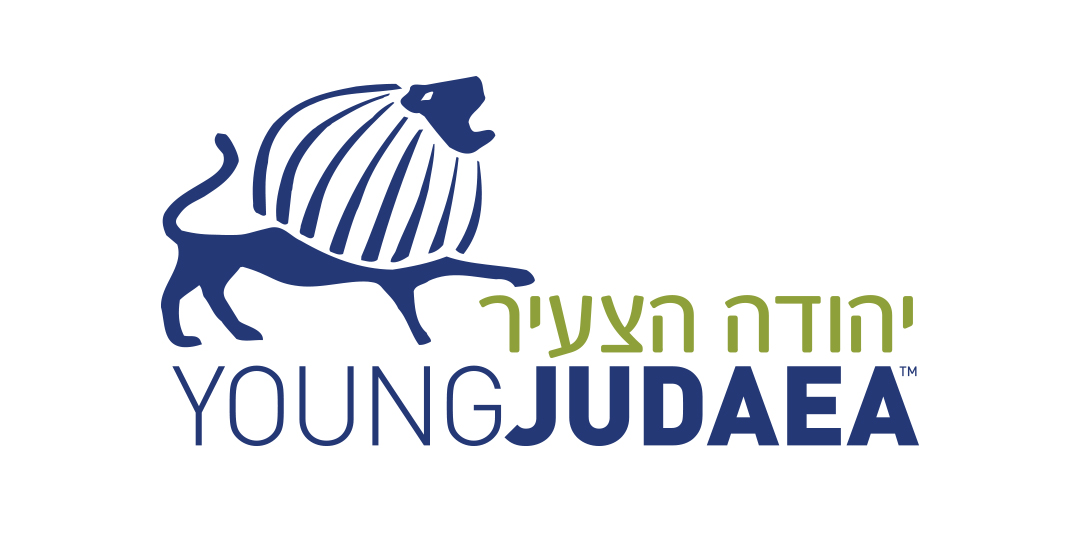Alumni The Jerusalem Post and I

In five months, I went from unemployed college graduate to Jerusalem Post reporter. Clutching my newly minted college degree in my hands, I nervously mulled over my future. All I knew was that I wanted to travel and I wanted to write. As a passionate Zionist, the idea of living in Israel enticed me. Finally, I enrolled in the World Union of Jewish Students (WUJS) program to live and work in Tel Aviv, Israel.
My relationship with WUJS started before I was born. If it was not for WUJS, I would not be here. Literally. In 1983, my American mother and British father met on the WUJS program in Arad. Now, it was my turn to live in Israel.
On September 8, I kissed my parents and brother goodbye and headed toward Tel Aviv. After ten sleepless hours of movies and stale plane food, the plane descended into Ben Gurion Airport. Peering out the window, it suddenly hit me: I’m home.
Carrying half a year of luggage, I took the number 25 bus to Florentine for the first time. Located in South Tel Aviv, Florentine is the Brooklyn of Israel. Filled with aspiring artists, trendy bars and graffiti stained walls, I realized I was not in suburban Maryland anymore. I arrived at apartment 45 and twisted open the door.
“Welcome to the Florentine Mansion!” said my Madricha (counselor), Shani. I found myself in a two-story Israeli-styled sorority house. Living with seven other WUJS girls, I stepped out onto the balcony overlooking the Tel Aviv skyline. Let’s do this!
Since my parent’s day, WUJS experienced a major facelift. Rather than exploring the Negev, WUJS offers internship programs based in Tel Aviv. As a journalist, I leaped at the chance to intern for The Jerusalem Post.
On my first day, I arrived at a gated building with a small Jerusalem Post sticker on the door. Immediately, one of my Israeli bosses, Sivan, greets me with a huge hug and kiss. After settling in, Sivan pulled out four magazines: Click, Zone, Street and JPost Lite. The magazines taught Israelis how to read and speak English. While the teen magazines were targeted toward school children, JPost Lite was geared toward adults. I soon learned the art of writing in simple English.
For the first two weeks, I focused on the English Improvement magazines. However, I wanted to break into the real Jerusalem Post. Finally, my big break came. I interviewed an Israeli jazz musician, Assaf Shatil, launching his debut album. From there, the assignments poured in. From profiling a Hungarian-German girl who discovered her Jewish identity later in life to covering soccer games between Jewish and Arab children, my portfolio began to thicken. Before long, my stories were headlining the front page of the website and the back cover of the print paper.
The highlight of my journalism career happened on a typical Thursday afternoon. I was packing up to get ready for my weekend when the editor-in-chief rushed in.
“Allie, are you free tomorrow afternoon?”
With the weekends starting on Friday, I was planning on sleeping in and shopping at the Shuk (market) for Shabbat dinner.
“How would you feel about interviewing Cyndi Lauper?”
My jaw dropped. I have never met a celebrity before, let alone interviewed one. I soon realized: I am no longer an intern. I am a real Jerusalem Post reporter.
After that, I began to pitch stories to the editors myself. My name was passed around the Israeli media world. Public relations coordinators would send me story ideas. However, it was not always easy as a diaspora Jew. I did struggle with the language barrier. On a few pieces, I needed a translator in order to complete interviews. With Hebrew being my biggest nemesis, I barely had a complaint.
In a predominately female office, I had a slew of Jewish mothers taking care of me. From treating me to lunch to surprising me with small presents, I felt home. The Jerusalem Post allowed me to not only grow as a reporter, but as a person too. At the age of 22, I was on top of Israeli media. From interviewing Big Bang Theory’s Mayim Bialik on her recent trip to Israel to featuring Orthodox musicians creating mainstream music, I put my heart and soul into every piece. I was not just writing for myself anymore. I was writing for the people I love. For five months of my life, The Jerusalem Post became my Israeli family.